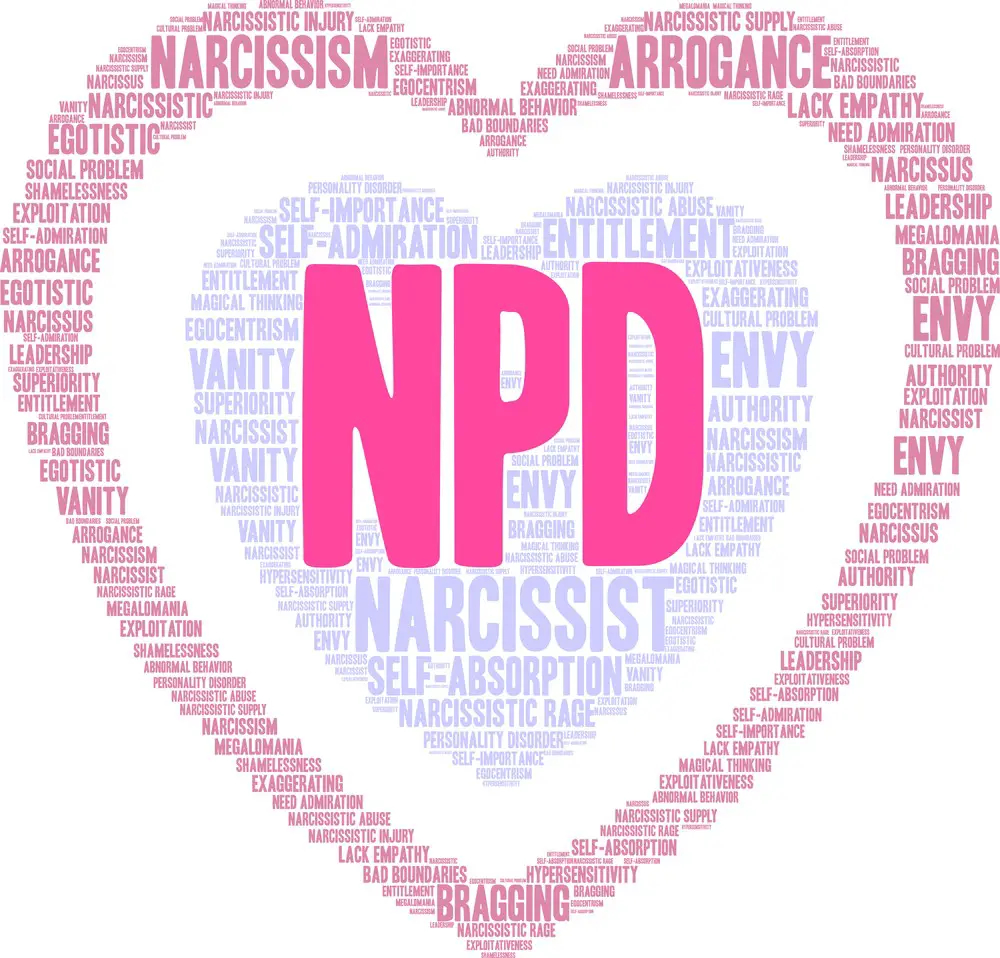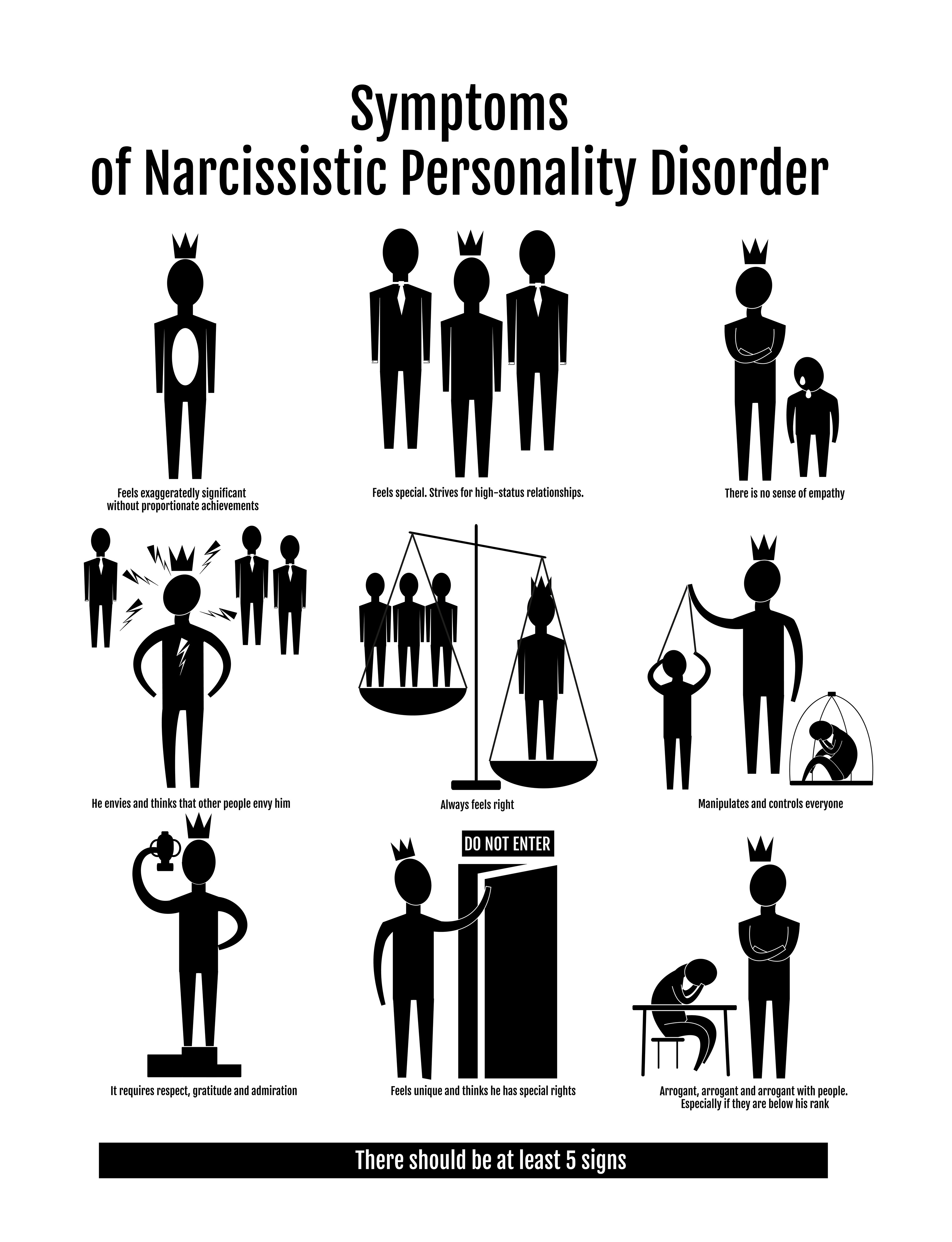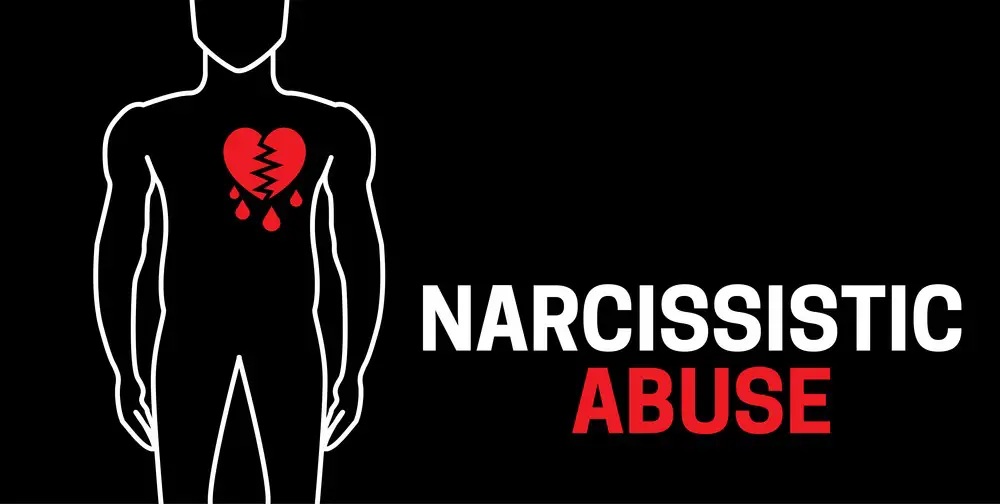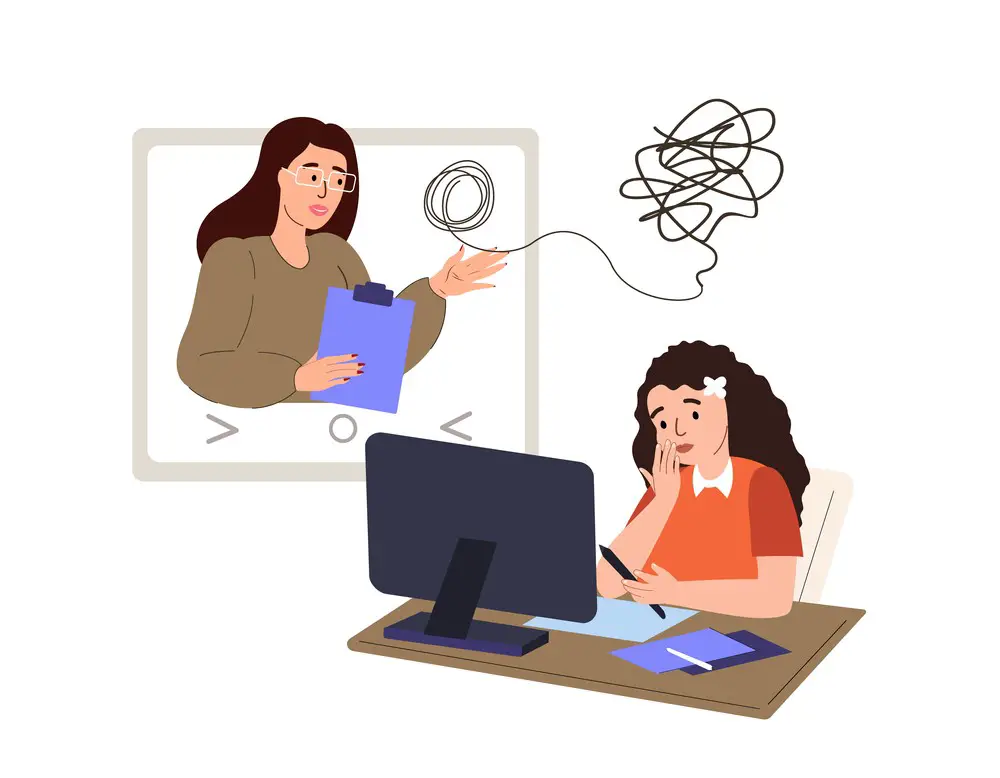As a BetterHelp affiliate, we receive compensation from BetterHelp if you purchase products or services through the links provided
Online therapy has become valuable for individuals seeking support and healing from narcissistic abuse. With an increasing number of individuals recognizing the effects of this form of abuse, there is a growing need for accessible and effective therapeutic options. The internet has provided a convenient therapy platform, allowing survivors and therapists to connect in a safe and supportive virtual environment.
Narcissistic abuse, perpetrated by individuals with narcissistic personality traits, can leave deep emotional and psychological scars on those affected. It can manifest in relationships, such as romantic partnerships, family dynamics, and even the workplace. Understanding the nuances of narcissistic abuse is crucial to identify it and seek appropriate interventions.
Online therapy for narcissistic abuse offers flexibility and increased accessibility, enabling survivors to connect with therapists specializing in this specific form of trauma. This approach can help provide tailored support to meet individual needs, fostering the development of coping strategies and resources for moving forward in the healing process.
Key Takeaways
- Online therapy is a convenient option for those seeking support for narcissistic abuse.
- Understanding the aspects and signs of narcissistic abuse is essential for effective intervention.
- Specialized online therapy can foster personalized healing strategies and resources for survivors.

Understanding Narcissistic Abuse
Defining Terms
Narcissistic abuse refers to a pattern of manipulative and harmful behaviors perpetrated by someone with Narcissistic Personality Disorder (NPD) or narcissistic traits, often against a close partner or family member. It includes tactics such as gaslighting, an attempt to manipulate someone’s perception of reality, and the constant need for admiration and validation. Victims of narcissistic abuse may find themselves isolated and unable to recognize the signs of abuse.
Narcissistic Personality Disorder
Narcissistic Personality Disorder is a mental health condition characterized by an inflated sense of self-importance, a profound lack of empathy, and a constant need for attention and admiration. Individuals with NPD have an excessive sense of entitlement, an inability to accept responsibility for their actions, and a disregard for the feelings of others.
Traits and Behaviors
The following are some common traits and behaviors of narcissists:
- Exaggerated sense of self-importance: Narcissists believe they are special or unique and can only be understood by or associated with other equally special or high-status people.
- Need for constant praise and admiration: Narcissists require consistent admiration and validation from others.
- Lack of empathy: Narcissists struggle to understand the feelings or needs of others, resulting in coldness or emotional disconnection.
- Manipulative behavior: Narcissists often use manipulation tactics such as guilt, flattery, coercion, or deception to achieve their desired outcomes.
These behaviors can contribute to an abusive and toxic environment for those receiving narcissistic abuse. Victims often feel like they are walking on eggshells to appease the narcissist and avoid confrontation, resulting in a cycle of anxiety, self-doubt, and emotional exhaustion. Recognizing the signs of narcissistic abuse is critical in escaping its damaging effects and seeking support or professional help.

Effects of Narcissistic Abuse
Impact on Mental Health
Narcissistic abuse can have severe and long-lasting effects on an individual’s mental health. Victims often experience psychological trauma, leading to anxiety, depression, and fear. The feeling of being constantly manipulated and controlled can cause a persistent sense of uncertainty and self-doubt, making it difficult for victims to trust others or themselves.
Over time, this emotional abuse can erode a person’s self-esteem and sense of self-worth. The constant criticism and belittling can leave victims questioning their abilities, strengths, and sanity. As a result, many individuals who experience narcissistic abuse develop a heightened state of anxiety, as they constantly worry about their performance and struggle to meet the high expectations imposed by their abuser.
Physical and Emotional Consequences
The effects of narcissistic abuse are not limited to mental health. Many individuals also experience physical and emotional consequences from the abuse. Some common physical symptoms include:
- Sleep disturbances: The constant stress and anxiety caused by narcissistic abuse can lead to insomnia or other sleep disorders. This, in turn, can further exacerbate mental health issues.
- Chronic pain: Prolonged exposure to high-stress levels can cause physical discomforts or persistent pain, such as headaches, backaches, or muscle tension.
- Digestive issues: Stress can also impact the digestive system, leading to symptoms like nausea, diarrhea, and constipation.
In addition to the physical symptoms, narcissistic abuse can have emotional consequences. Victims often experience intense feelings of guilt, shame, and embarrassment as they internalize the abusive remarks and criticisms made by their abuser. This can lead to unhealthy coping mechanisms, such as isolating oneself from friends and family or engaging in harmful behaviors like substance abuse or disordered eating.
Ultimately, narcissistic abuse can result in lasting damage to an individual’s overall well-being. Recognizing the signs of abuse and seeking appropriate support and healing resources is essential for recovery and regaining control over one’s life.
Recognizing Narcissistic Abuse
Narcissistic abuse is a pattern of destructive behavior perpetrated by individuals with narcissistic tendencies. Victims need to recognize what they are experiencing so that they can take the necessary steps to protect themselves and begin to heal.
Common Signs and Symptoms
The following are some common signs that someone might be experiencing narcissistic abuse:
- Control: Narcissists often seek to control their victims, dictating everything from how they dress to who they interact with.
- Deteriorating self-esteem: Victims of narcissistic abuse may decline self-esteem due to constant criticism and belittling from the abuser.
- Lack of empathy: Narcissists typically lack empathy for the feelings and needs of others, particularly their victims.
- Feeling trapped: Victims often feel trapped or stuck in an abusive relationship, unable to see a viable way out.

Gaslighting and Manipulation
Gaslighting is a manipulative tactic commonly used by narcissists in which the abuser makes the victim question their perception of reality, memory, or sanity. Some examples of gaslighting include:
- Denying or distorting the truth of past events
- Accusing the victim of being overly sensitive or imagining things
- Changing the subject when confronted with evidence of their actions
- Deliberately creating confusion to make the victim doubt
Emotional blackmail is another tactic used in narcissistic abuse, where the abuser threatens, intimidates, or punishes the victim to influence their behavior. Some examples of emotional blackmail include:
- Threatening to disclose personal information if the victim doesn’t comply with their demands
- Making the victim feel guilty for not meeting the abuser’s expectations
- Withholding love or affection as punishment
Effects of Narcissistic Abuse
The effects of narcissistic abuse on victims can be significant and long-lasting. Some possible consequences include:
- Mental health issues such as depression, anxiety, and post-traumatic stress disorder (PTSD)
- Damaged self-esteem and self-worth
- Difficulty trusting others and forming healthy relationships
- A fear of abandonment and a sense of unworthiness
Victims of narcissistic abuse need to seek support from friends, family, or professionals to begin the healing process.

Online Therapy for Narcissistic Abuse
Types of Online Therapy
Online therapy for narcissistic abuse encompasses multiple methods. Psychological treatment could include help from mental health professionals like therapists and counselors. Some common approaches are:
- Cognitive Behavioral Therapy (CBT): CBT focuses on identifying and changing destructive thought patterns and behaviors. It can provide tools for victims to regain control over their emotions and reactions to narcissistic behaviors.
- Psychotherapy: A mental health provider employs various techniques to explore past traumas, uncovering how they contribute to the present situation. This therapy aims to build a deep understanding and facilitate healing from narcissistic abuse.
Benefits
Online therapy is gaining popularity, and several benefits make it stand out:
- Accessibility: Convenience in accessing therapy remotely allows individuals to receive help regardless of location or schedule constraints.
- Anonymity: Many clients feel safer discussing sensitive topics without the anxiety of face-to-face interactions.
- Affordability: Online therapy often has reduced costs compared to traditional in-person therapy.
Effectiveness
Receiving therapy for narcissistic abuse from a mental health professional is critical in recovery. Evidence suggests that online therapy can be as effective as in-person therapy. By employing a combination of appropriate therapy methods, victims can work towards healing and regaining their sense of self.
Coping Strategies and Resources
Setting Boundaries
Establishing clear boundaries is crucial when dealing with narcissistic abuse. Setting limits helps prevent the narcissist from controlling their victim’s life. It also ensures a healthy relationship where both parties respect each other’s personal space, emotional well-being, and decisions. Creating a list of non-negotiable boundaries is essential, such as:
- No yelling or name-calling
- No discussions about personal life without consent
- No manipulative behavior or guilt-tripping
It is crucial to communicate these boundaries assertively. If the narcissist continues to violate the boundaries, maintain distance to ensure self-preservation.
Developing Self-Awareness
Victims of narcissistic abuse often suffer from low self-esteem, making it essential to build confidence and develop self-awareness. To break the cycle of abuse, individuals should examine their emotional triggers and identify patterns of unhealthy relationships. Strategies to improve self-awareness include:
| Strategy | Description |
|---|---|
| Journaling | Writing down feelings, thoughts, and experiences to process emotions and identify patterns. |
| Mindfulness and Meditation | Practicing meditation and mindfulness techniques can help individuals stay present and grounded. |
| Therapy or counseling | Engaging in therapy with a mental health professional can help build self-awareness. |
Support Networks
Establishing a robust support network is essential for survivors of narcissistic abuse. Friends, family members, and mental health professionals can offer advice, encouragement, and resources to help overcome trauma. In addition to personal connections, victims can join support groups through local organizations or online communities. This allows them to connect with others in similar situations, exchange experiences, and gain further insight into narcissistic abuse.
To promote mental health nursing practice within the support network, consider the following steps:
- Educate support network members about narcissistic abuse, its effects, and coping strategies.
- Encourage open and honest communication within the support group.
- Share resources such as books, articles, or websites on narcissistic abuse recovery and addiction support.
By employing these strategies and utilizing available resources, individuals can build resilience against narcissistic abuse, maintain healthy relationships, and achieve a better quality of life.
Additional Considerations
Addressing Narcissistic Abuse in Relationships
Narcissistic abuse in relationships can manifest in various forms, such as coercion, verbal abuse, and manipulation. Mental health professionals can help victims cope with the anxiety and depression resulting from such experiences. Online therapy provides a convenient and accessible platform for addressing these issues. It is crucial, however, to ensure that a therapist is well-versed in narcissistic personality disorder (NPD) and its impacts on relationships.
Recognizing Toxic Family Dynamics
In families with narcissistic members, toxic dynamics may emerge, perpetuating a cycle of abuse. Identifying these patterns is essential for breaking free from such relationships. Online therapy can be valuable in revealing these dynamics, empowering victims to establish boundaries and maintain healthier relationships.
- Mental health: Online therapists address the negative effects of narcissistic abuse on an individual’s mental health, including anxiety and depression.
- Domestic violence: When narcissistic abuse escalates to physical violence, online therapy may be a first step towards seeking help and ensuring safety.
- Family members: In some cases, multiple family members may be affected by a narcissist’s behavior. Online therapy can assist in addressing these complex dynamics holistically.
Children and Narcissistic Parents
Children raised by narcissistic parents often suffer from long-term emotional and psychological effects. Online therapy can provide a safe space for these individuals to process their experiences and develop coping strategies. Some important aspects to consider include:
- Age-appropriateness: Therapists should tailor their approach based on the child’s age and maturity level, ensuring they can effectively communicate their feelings and concerns.
- Support networks: Online therapists can help children connect with supportive individuals and resources outside their family, promoting healthy relationships.
- Empowerment: Therapy should focus on empowering children to set boundaries and assert their needs, fostering a sense of autonomy and resilience.
In summary, online therapy can be a valuable tool in addressing narcissistic abuse, toxic family dynamics, and the challenges children of narcissistic parents face. By providing a safe, accessible platform for therapeutic support, victims can gain the knowledge and tools needed to heal from these harmful experiences.
Final Thoughts
Online therapy can be incredibly beneficial for those experiencing narcissistic abuse. The author believes that this support medium provides individuals with a safe, convenient, and accessible means to work through their emotional and mental challenges. This topic’s confident and knowledgeable approach ensures a neutral and informative perspective.
As the availability and effectiveness of online therapy continue to impress, it is essential to recognize that the modality is well-suited for addressing narcissistic abuse. Its flexibility, anonymity, and ability to connect with a therapist to understand this specific form of trauma are key reasons. The ability to attend sessions at a convenient time and place reduces stressors that may deter someone from seeking help in traditional settings.
Furthermore, having access to a wide range of therapists through online platforms increases the chances of finding one specialized in this area. It ensures that support is based on the latest techniques and knowledge for dealing with narcissistic abuse. Gaining assistance from a neutral, clear, and well-informed professional helps victims unpack and process their experiences, ultimately paving their way to healing.
While online therapy is undeniably valuable for narcissistic abuse survivors, it is also crucial to remember that each person’s journey is unique. Therefore, always stay open to exploring different therapeutic options and discovering what works best individually. The road to recovery may be long and challenging, but embracing a supportive, understanding, and knowledgeable environment furthers the healing process, eventually leading to a brighter, healthier future.
Frequently Asked Questions
What type of therapy works best after narcissistic abuse?
There is no one-size-fits-all approach to therapy for narcissistic abuse. Different individuals may benefit from different types of therapy. Cognitive Behavioral Therapy (CBT), Dialectical Behavior Therapy (DBT), and Eye Movement Desensitization and Reprocessing (EMDR) are some common therapeutic approaches that have been found effective for survivors of narcissistic abuse. Finding a therapist with experience and knowledge in dealing with narcissistic abuse and trauma is crucial.
What is the fastest way to recover from narcissistic abuse?
Recovery from narcissistic abuse is a personal and unique journey that differs for everyone. It is essential to seek professional help to work through complex emotions and trauma. Setting boundaries, learning self-care, and rebuilding a support network are additional steps that can expedite recovery. However, it is important to understand that healing is a process without a definitive timeline.
How do therapists treat narcissistic abuse?
Therapists use various methods to help survivors of narcissistic abuse. They create a secure and supportive environment to process the trauma, help the client understand the dynamics of narcissistic abuse, and provide tools to navigate and cope with the emotional challenges. Additionally, therapists assist with boundary setting, identifying and changing unhealthy patterns, and fostering self-compassion and self-esteem.
How do you heal trauma from narcissistic abuse?
Healing from narcissistic abuse begins with recognizing the signs of abuse, getting out of the abusive situation, and seeking professional help. A therapist with experience in dealing with narcissistic abuse can help the survivor process and heal their trauma. Fostering self-care, rebuilding support networks, and setting boundaries are crucial steps in the healing process.
What is the role of online therapy in healing from narcissistic abuse?
Online therapy offers a convenient, secure, and accessible platform for survivors of narcissistic abuse to access professional help. It allows individuals to connect with therapists experienced in treating narcissistic abuse and trauma from the comfort and privacy of their own homes. The flexibility provided by online therapy can be particularly helpful for individuals who may face geographical or scheduling barriers in accessing in-person therapy.
Can online therapy help with boundary setting after narcissistic abuse?
Yes, online therapy can help with boundary-setting after narcissistic abuse. Skilled therapists can assist clients in identifying and setting healthy boundaries in their relationships and with themselves. Through online therapy, individuals can learn assertiveness techniques, communication skills, and strategies to enforce their established boundaries.
- Breaking the Silence: Why Men’s Mental Health Matters More Than Ever - April 15, 2025
- How to Transform a Home’s Patio Space into a Relaxing Space - March 23, 2025
- 5 Strategies to Use a Cell Phone to Help Manage Your Stress - March 23, 2025
This site contains affiliate links to products. We will receive a commission for purchases made through these links.



